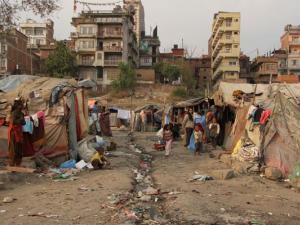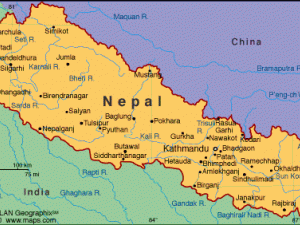GOOD PRACTICE Municipal Management Information System for Informal Waste Workers (Nepal).
Discussion details

Facilitating municipalities to develop a Code of Conduct and registration guidelines for issuing ID cards to register Informal Waste Workers (Nepal).
Informal waste workers are generally among the poorest, are subject to social stigma as they originate from the lowest social status in the society and are frequently harassed. This is especially true in the Kathmandu Valley in Nepal. The EC financed PRISM project initially planned to facilitate municipalities to develop a standard to identify waste workers in view of their registration in a centralised Management Information System (MIS). This included workers’ details, their location/cluster, the number involved in the informal waste sector as well as municipality waste volumes and scrap centres. A specialised ICT private agency developed and first implemented the MIS prior to handing it over to the Solid Waste Management Support Centre.

The main objective of this activity was to facilitate municipalities to prepare and draft a joint Code of Conduct and guidelines for the registration of Informal Waste Workers. The registration was done during the process of issuing ID cards through the para-statal entities such as the Solid Waste Management Support Centre rather than the municipalities.All enterprises and entrepreneurs working in waste management were encouraged to register their enterprises at their respective municipalities and the municipalities were encouraged to facilitate the procedure. All registered enterprises, including those working for the welfare and promotion of informal waste workers, were encouraged to provide ID cards to their workers. Issuing ID cards has several national and legal implications because many waste workers are not Nepali nationals.Behavioural change campaigns targeting the Informal Waste Workers encouraged households, and the wider public to deal only with those having a valid ID card.
_______________________________________________________________________________________
Identification of Innovative Approaches to Livelihood Enhancement, Equity and Inclusion of People Dependent on the Informal Economy
Volume 1: Good Practices and Lessons Learned
Extracted from 33 Projects Selected Under the 2009 EC call for Proposals:
“Investing in People. Promoting social cohesion, employment and decent work. Support for social inclusion and social protection of workers in the informal economy and of vulnerable groups at community level”
March 2016
By Jacques Charmes, Mei Zegers
Log in with your EU Login account to post or comment on the platform.